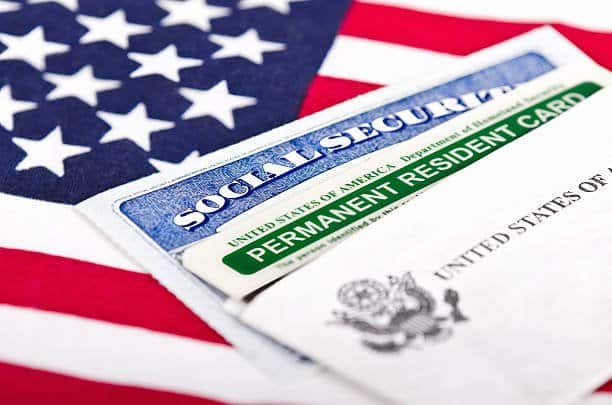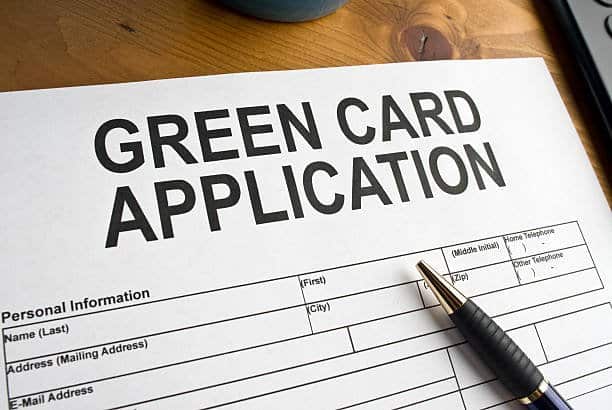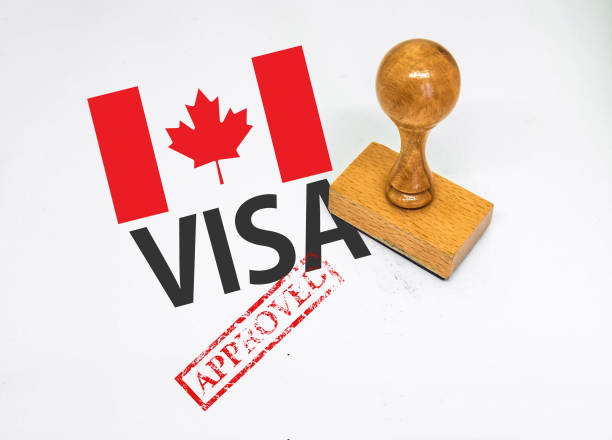How to Get a US Green Card/US Residency Card
Getting a green card, officially known as a Permanent Resident Card, allows you to live and work permanently in the United States. While the process can be complex, a green card offers many benefits that make it worth the effort for those looking to immigrate to the US. This guide will walk you through the common ways to obtain a green card, the application process, and important information to keep in mind.
What is a US Green Card?
A US green card is an identification card that proves the holder has lawful permanent resident status in the United States. Green card holders can live and work anywhere in the US, own property, attend public schools, join certain branches of the US armed forces, and travel abroad and back.
Green card holders must pay US income taxes on their worldwide income and are eligible for Social Security benefits upon retirement. While they have many rights, green card holders are not US citizens and cannot vote, hold public office, or hold certain jobs that require US citizenship.
Green cards are valid for 10 years. Cardholders must renew them before expiration and meet residency requirements to maintain their status.
Ways to Obtain a Green Card
There are several common ways to obtain a green card:
- Through Family: You may qualify for a green card through a US citizen or permanent resident relative, such as a spouse, parent, sibling, or child over 21.
- Through Employment: If you have skills needed by a US employer, you may be sponsored for a green card. Most employment-based green cards require an employer to get Labor Certification.
- Diversity Visa Lottery: The Diversity Visa Lottery randomly selects people from countries with low US immigration rates. Lottery winners and their families are eligible for green cards.
- Refugee or Asylee Status: Refugees and asylees who meet requirements can apply for a green card after being in the US for at least one year.
- Other Eligible Categories: Victims of crimes like human trafficking and domestic violence, Afghan or Iraqi translators, international employees of the US government, and other specialized categories may qualify.

Green Card Application Process
The green card application process depends on your individual situation. Here are some common steps:
- Check if you’re eligible. Make sure you fit into one of the green card eligibility categories.
- Prepare documentation. Gather documents like passport, photos, birth certificate, financial records, and any materials needed to prove eligibility.
- Complete and submit forms. The main forms are I-485 (Application to Register Permanent Residence) and I-130 (Petition for Alien Relative—for family-based green cards).
- Attend biometrics appointment. You’ll have fingerprints and photos taken at a USCIS facility.
- Interview with USCIS officer. You’ll answer questions about your background and eligibility. Bring a lawyer or representative if desired.
- Receive decision. If approved, you’ll get a welcome notice and permanent resident card in the mail within weeks or months.
- Get status conditions removed. If you obtained your green card through marriage, you must file extra paperwork after two years to get conditions removed.
Throughout the process, USCIS will let you know if any additional information or documents are needed. Be sure to send in any requested evidence promptly to avoid delays. The entire process usually takes 6-12 months but can vary widely.

Important Green Card Tips
When applying for and obtaining a green card, keep these tips in mind:
- Maintain strong ties outside the US. Don’t abandon residence or property in your home country, as it may raise questions.
- Don’t travel internationally while your application is pending. Get advanced parole before emergency travel.
- Always tell the truth. False statements can lead to denial and deportation.
- Renew on time. File for renewal up to 6 months before your green card expires.
- Notify USCIS of address changes and trips abroad. Keep USCIS updated on where you live and any foreign travel.
- Carry your green card at all times. You must show it to employers, at airports, and to government officials upon request.
- Apply for citizenship if eligible. Green card holders may apply for US citizenship through naturalization after 5 years (or 3 years if married to a US citizen).
Benefits of US Green Card Holders
Some major benefits green card holders enjoy are:
- Live and work anywhere in the US
- Own real estate property
- Attend public schools and universities
- Travel freely within and outside the US
- Apply for federal financial aid for higher education
- Access social services and benefits
- File petitions for certain family members
- Apply for US citizenship
Green card holders also take on obligations like serving on juries when called, registering with the Selective Service (for men), and filing US income taxes.
Mistakes to Avoid
Here are some common mistakes to avoid when applying for a US green card:
- Providing false information on any forms or interviews. This can lead to severe consequences like denial, criminal charges, or deportation. Always provide truthful and accurate information.
- Missing deadlines for renewals or other required paperwork. Mark your calendar with any important dates and file paperwork as early as possible.
- Traveling abroad without advanced parole. If you must travel outside the US while your green card application is pending, apply for advanced parole first to be permitted back into the country.
- Working without authorization. Don’t start employment until your work permit or green card application is approved. Unauthorized work can jeopardize your status.
- Letting your conditional permanent resident status expire. Those who obtain green cards through marriage must remember to file Form I-751 within 90 days of their two-year anniversary to remove conditions.
- Failing to update your address with USCIS. Notify USCIS any time you move so you don’t miss important correspondence. You can update your address online.
- Renewing your green card late. File Form I-90 to renew your green card up to 6 months before expiration. Renewals can take over a year, so don’t delay.
- Travelling without your green card. Always keep your green card on you when travelling both domestically and abroad. Not having it can cause unnecessary delays.
- Working in a prohibited job. Green card holders cannot work in certain government and political jobs. Research restrictions before changing careers.
Wrapping up
While getting a green card takes time and effort, it offers you many rights and freedoms. With proper documentation and patience, you can successfully navigate the process. Do your research and consult with an experienced immigration attorney. If approved, enjoy your life as a permanent resident in the United States of America.
Check out scholarspoll.com for more articles about working and travelling abroad.









